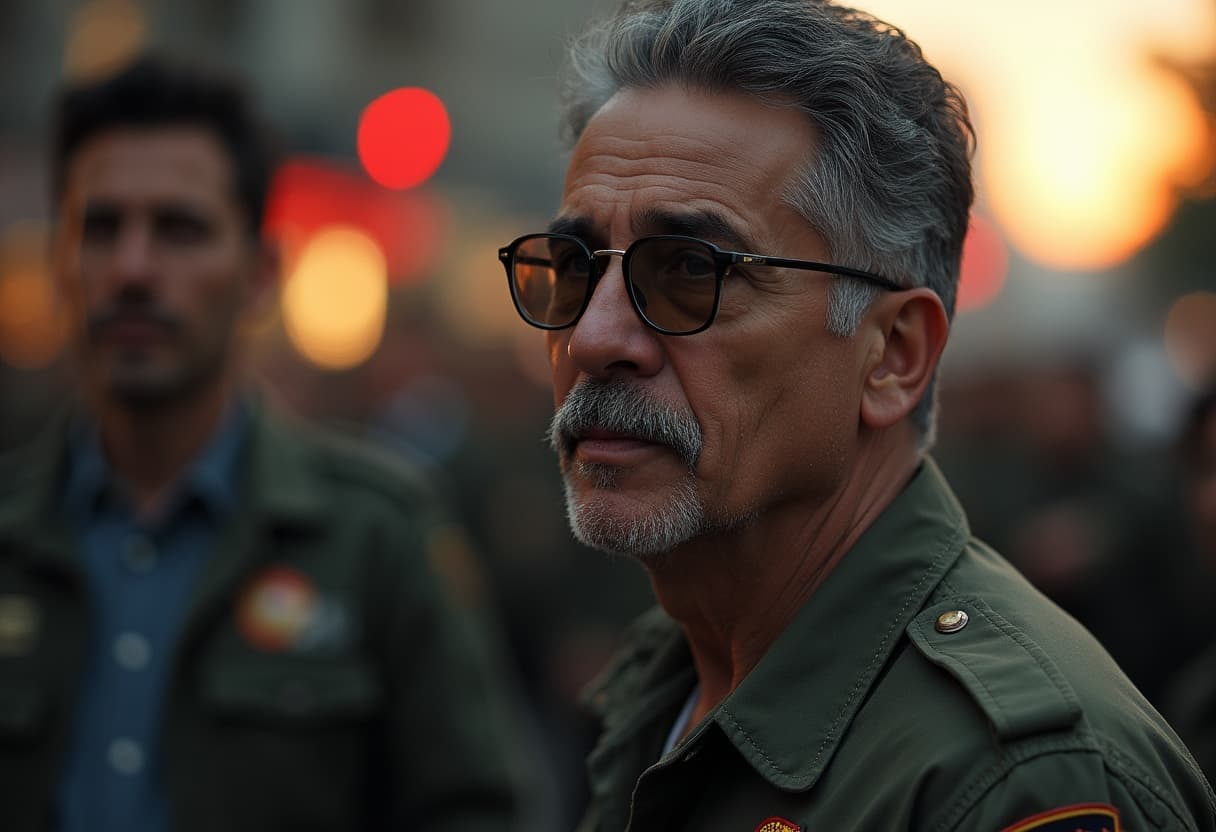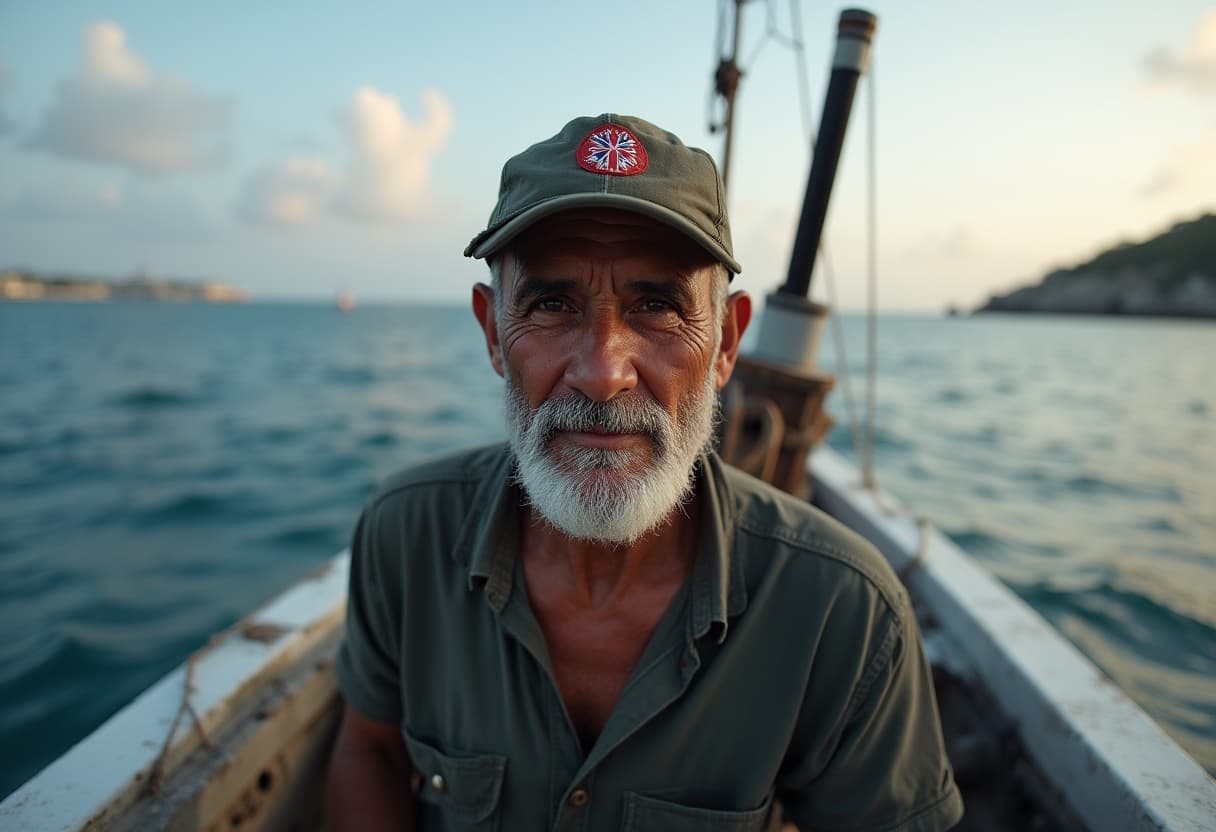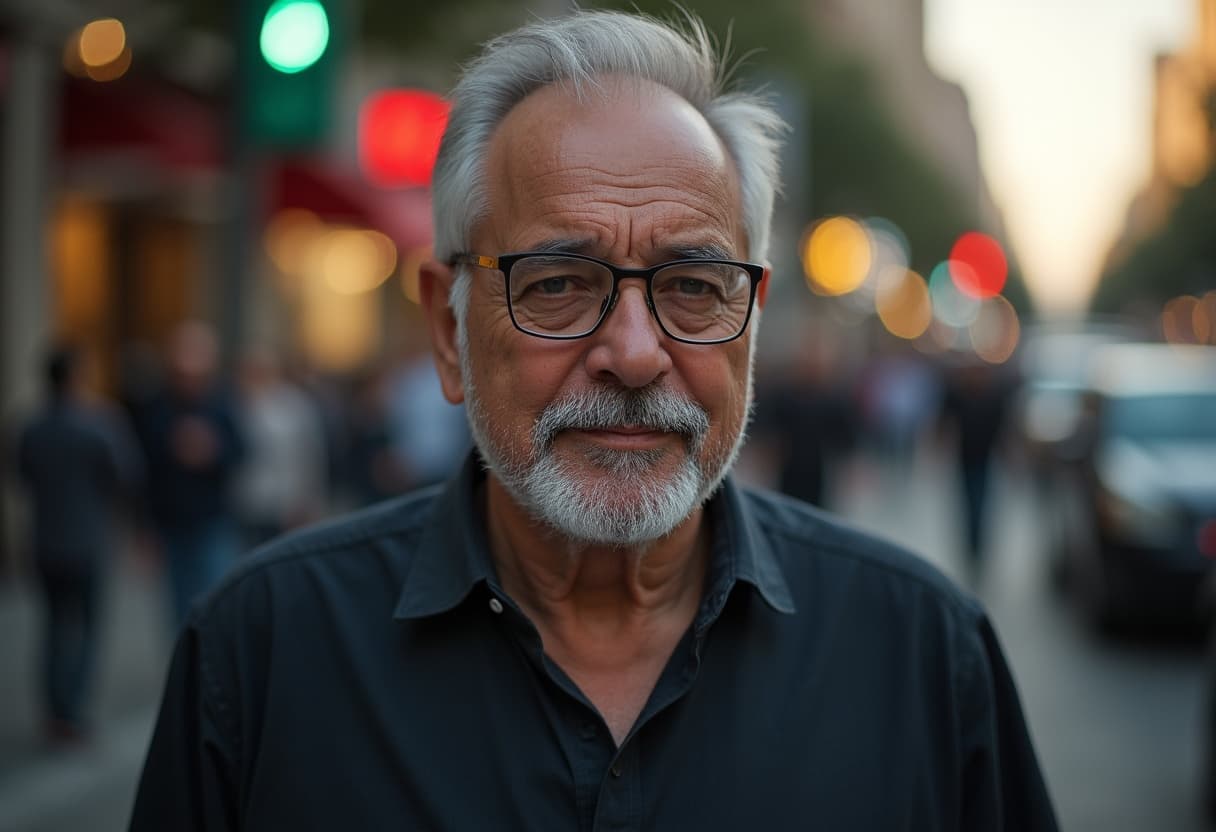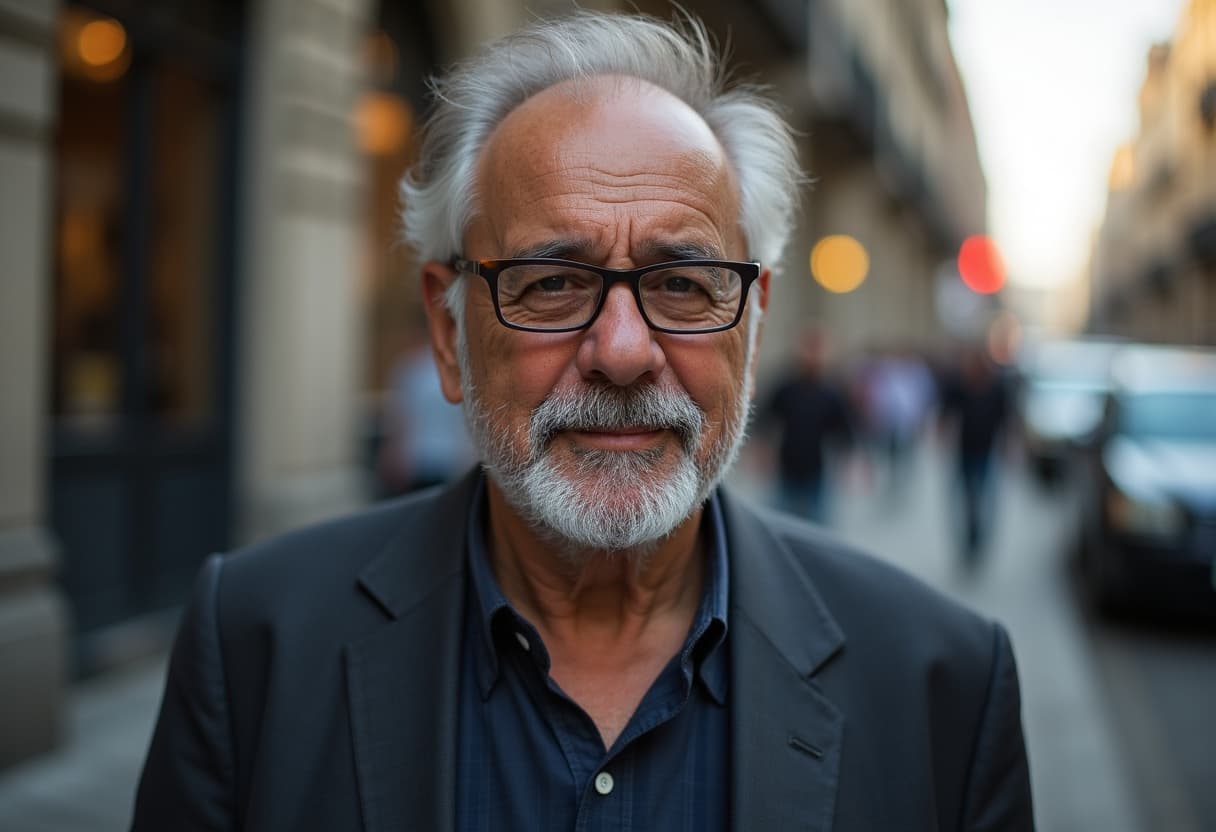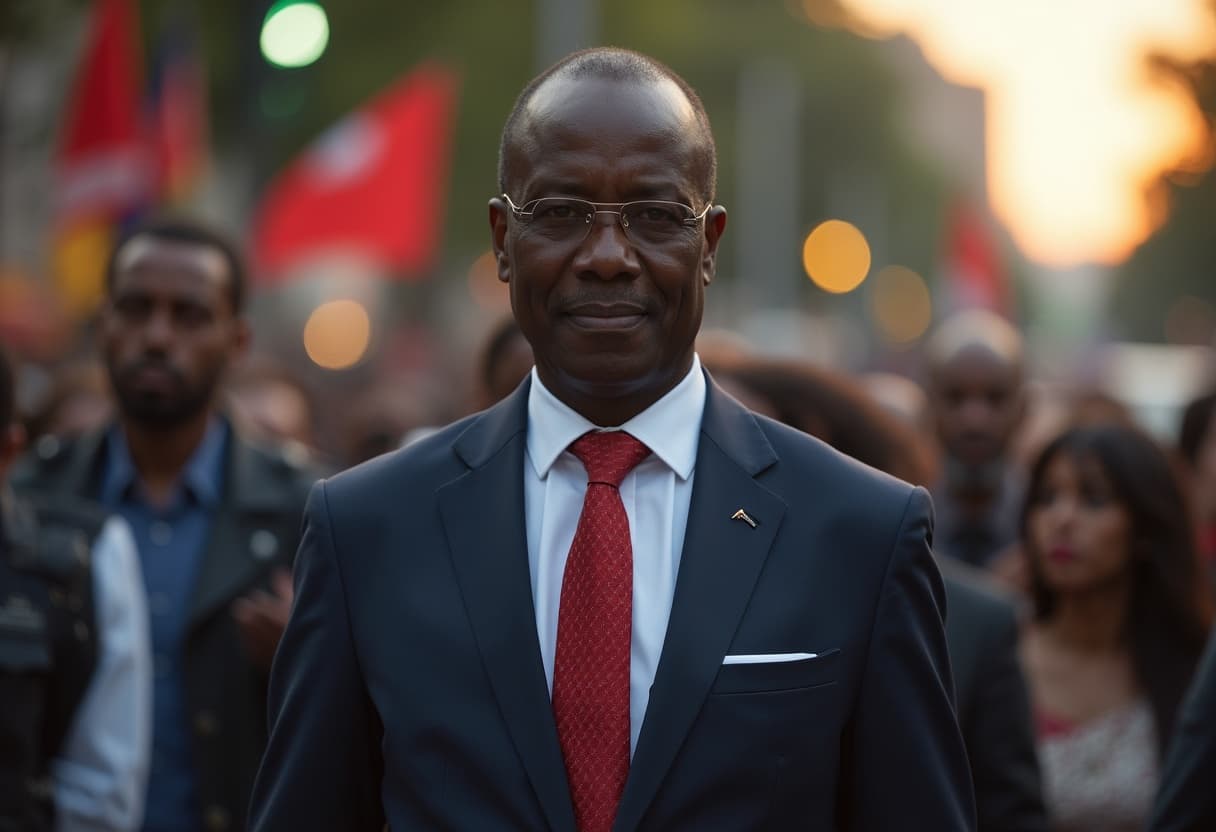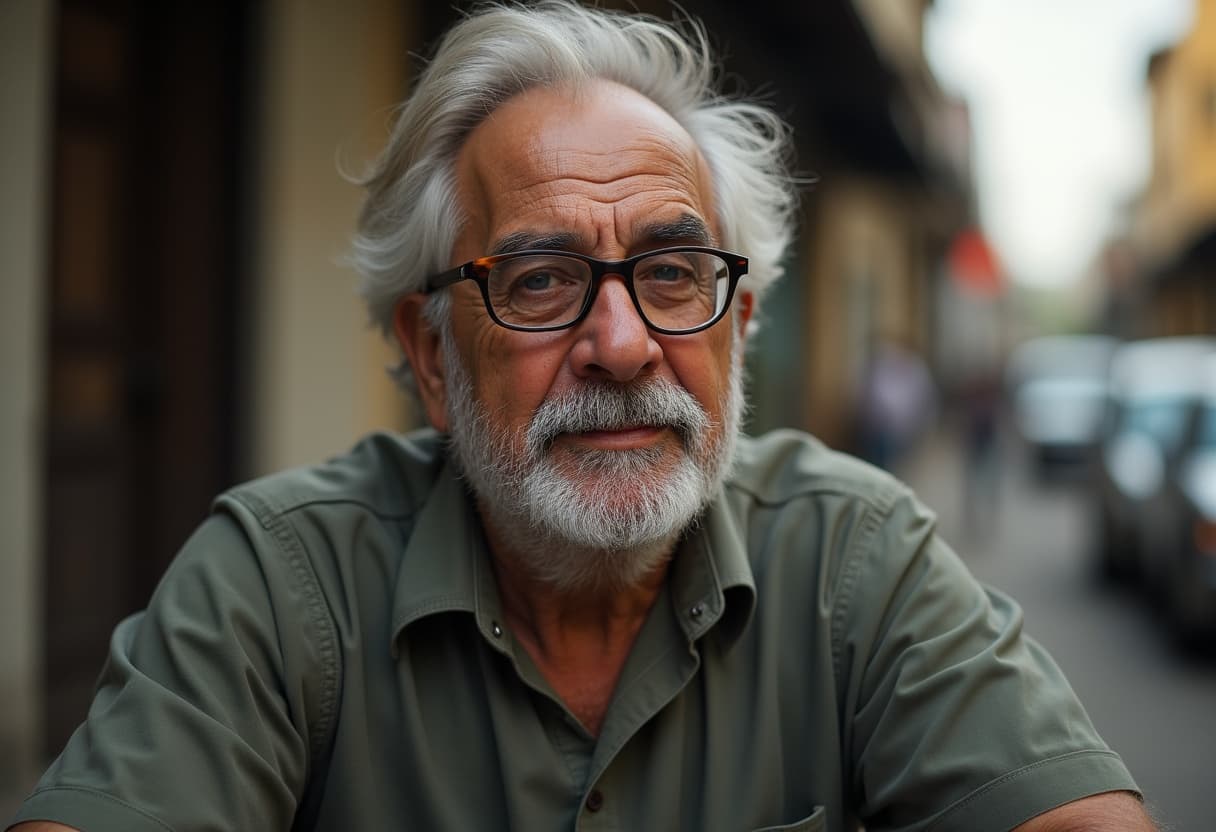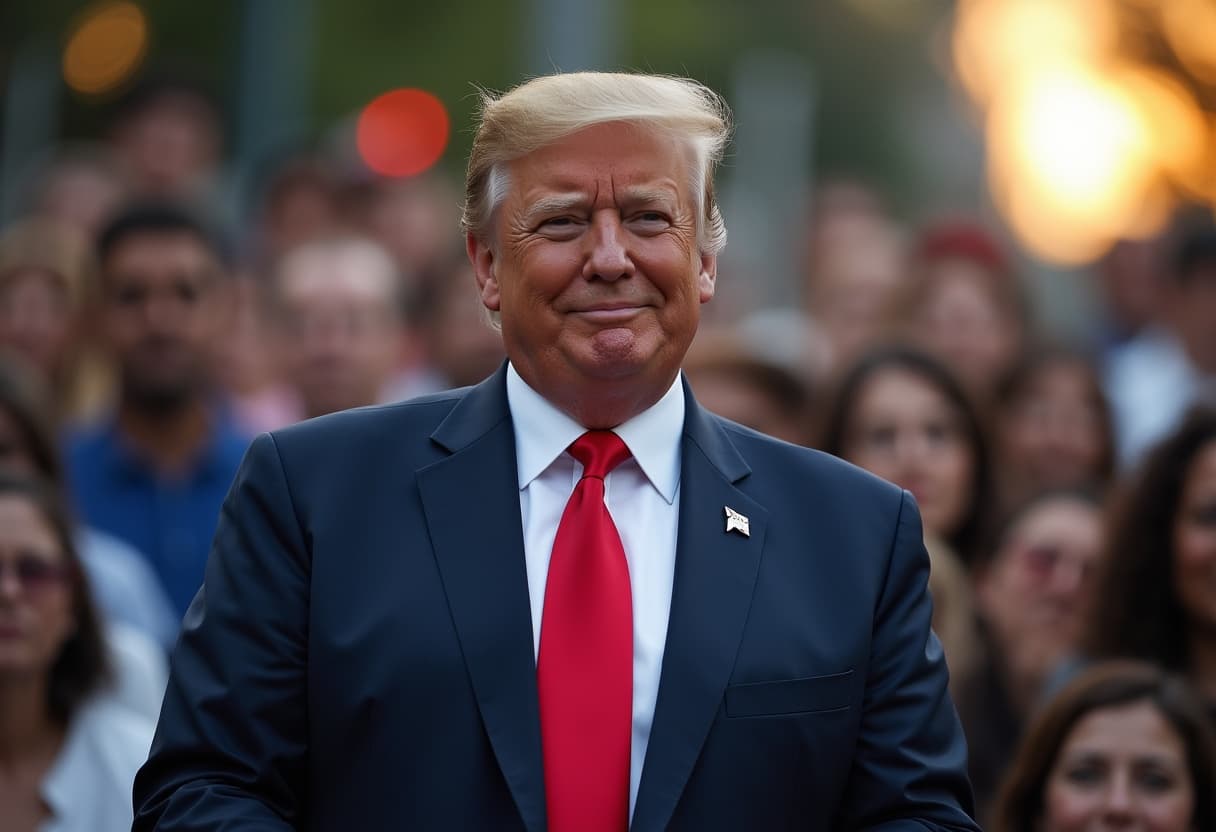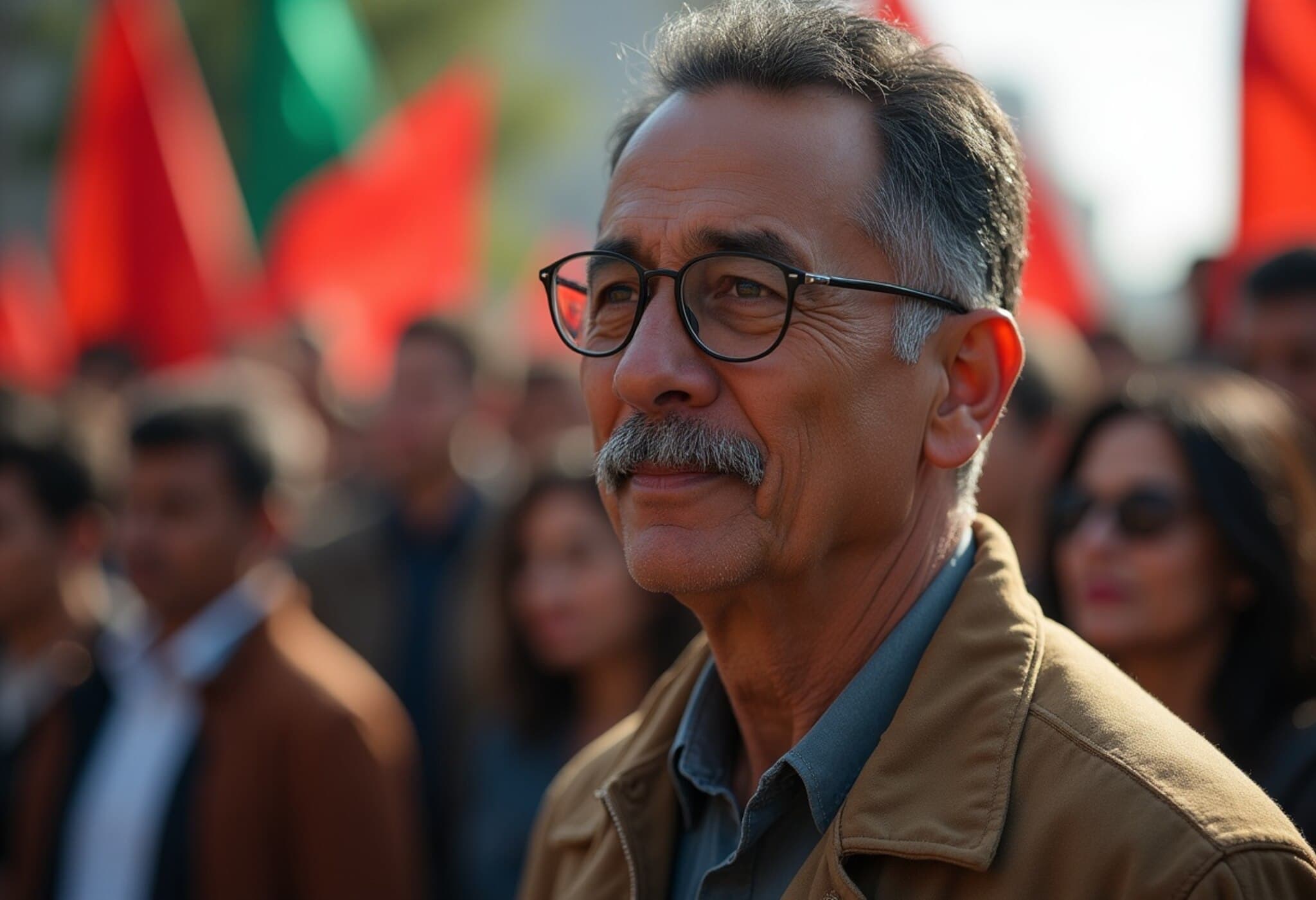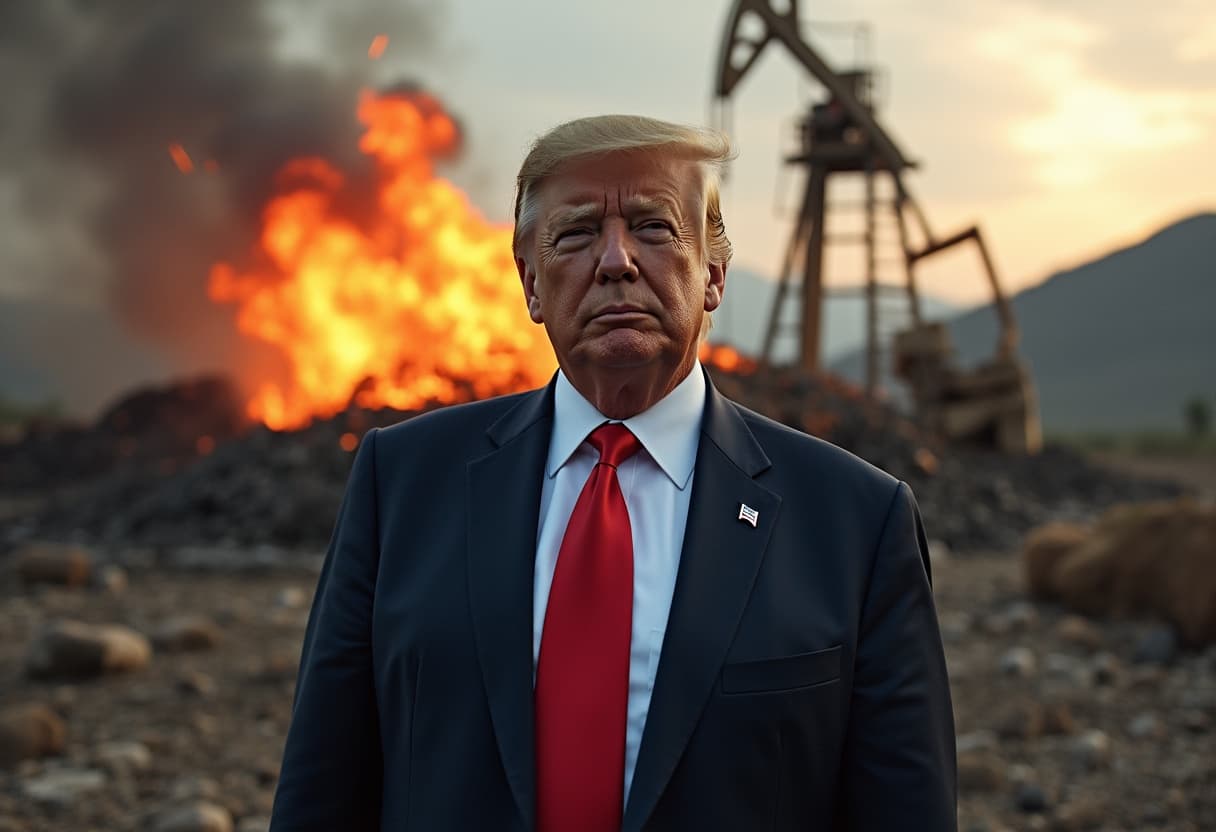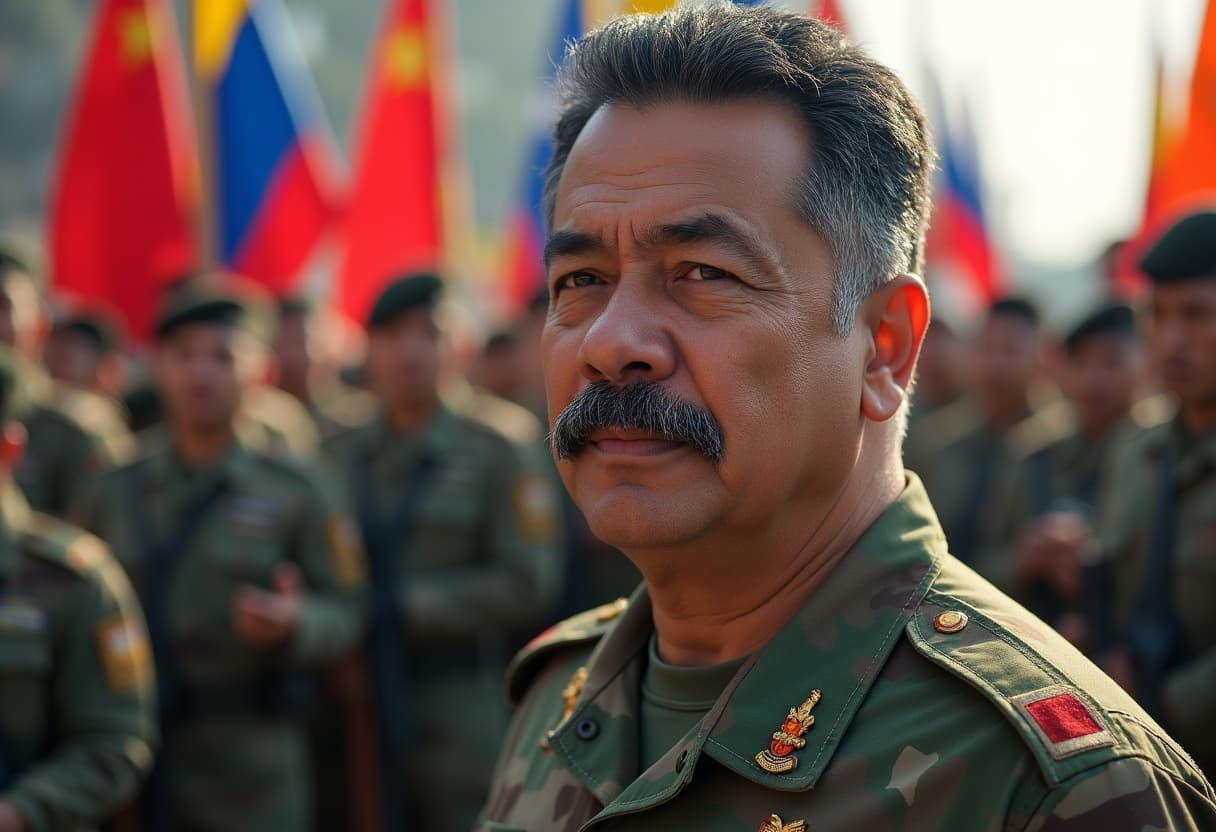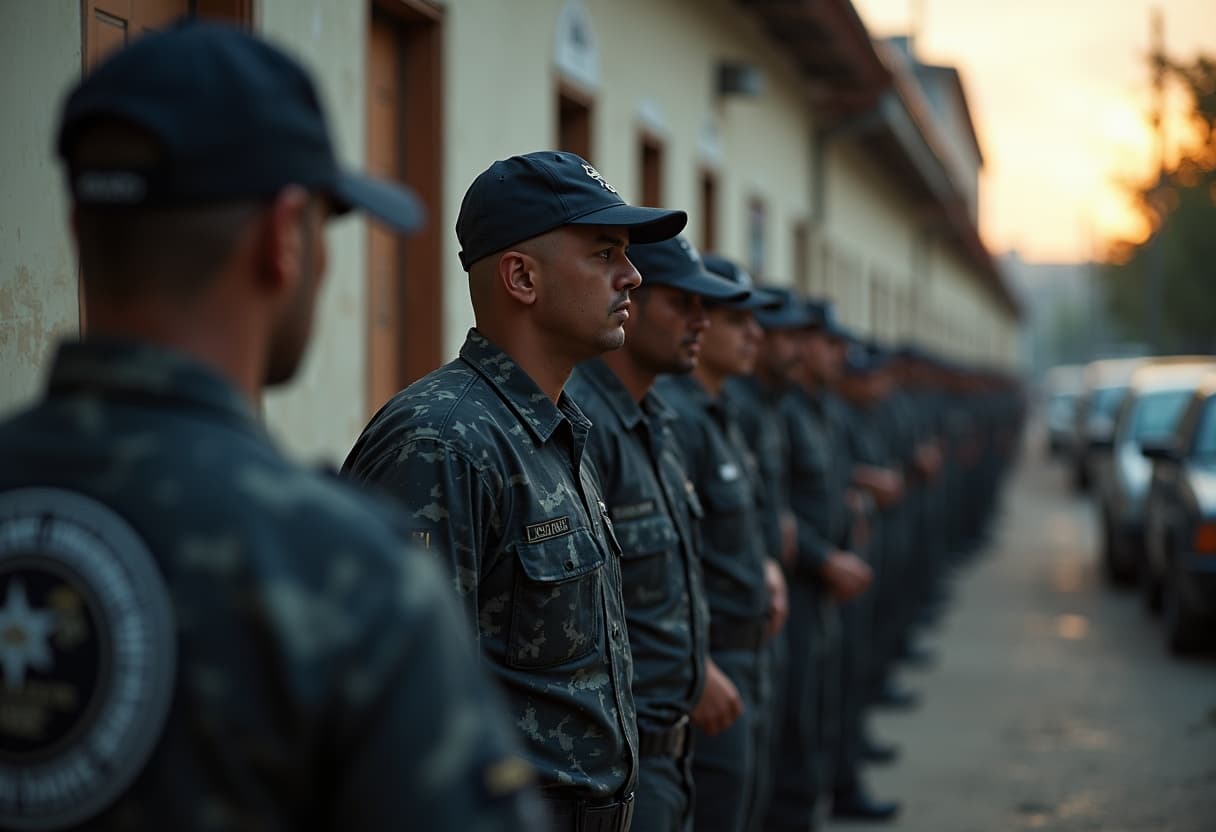The Shadowy History of U.S. Covert Actions in Latin America
Throughout much of the 20th century, the Central Intelligence Agency (CIA) played a clandestine yet pivotal role shaping political landscapes across Latin America. Behind the scenes, the agency orchestrated coups, engaged in assassination plots, and disseminated propaganda to dismantle governments perceived as hostile to U.S. interests.
Fast forward to the present day, and echoes of this turbulent legacy resonate as the CIA continues to operate covertly. Most recently, the Trump administration reportedly greenlit secretive measures aimed at Venezuela’s President Nicolás Maduro, intensifying America’s long-standing interventionist approach in the region.
Guatemala’s 1954 Coup: A Cold War Precedent
One of the most notorious instances of CIA involvement was the 1954 overthrow of Guatemala’s democratically elected president, Jacobo Árbenz Guzmán. Framed publicly by the Eisenhower administration as a necessary action against a burgeoning communist threat linked to the Soviet Union, internal documents later revealed a far more calculated scheme.
The CIA meticulously crafted assassination lists and devised plans including recruiting exiled operatives. President Dwight D. Eisenhower personally approved the provision of aircraft to facilitate the operation, and CIA pilots were instrumental in building an opposition military force. This covert campaign set a precedent for U.S. interventions justified by anti-communism but heavily criticized for undermining sovereignty and democracy.
Why Guatemala Matters Today
Experts argue that the 1954 coup planted seeds of long-term instability in the region, fostering distrust toward U.S. intentions. It also bolstered organizations and governments who viewed Latin America as a battleground for ideological warfare rather than a collection of independent nations. This perspective has shaped policy decisions well beyond the Cold War era.
The Repeated Targeting of Leaders: From Castro to Nicaragua
Perhaps no figure symbolized Cold War animosity more than Fidel Castro. The CIA reportedly attempted at least eight assassination plots against Castro, including infamous schemes like the poison cigar. These covert efforts blended dark creativity with desperation to remove a leader who defied U.S. dominance.
Similarly, during the 1980s, the agency directed operations against Nicaragua’s Sandinista government, supporting rebel groups known as Contras. This intervention, shrouded in secrecy, contributed to years of conflict and human suffering.
Modern-Day Echoes: Venezuela and Beyond
Decades after the Cold War’s official end, U.S. covert actions in Latin America persist. The Trump administration’s authorization of clandestine operations targeting Nicolás Maduro highlights a continuity of strategy adapting to new political contexts but rooted in old practices.
Critics warn these operations often come at the expense of diplomatic solutions and complicate regional relationships. The ongoing cycle raises critical questions about sovereignty, democratic principles, and the true long-term cost of intervention.
Underreported Narrative: The Human Toll
While much attention focuses on geopolitical outcomes, less is said about the everyday citizens caught in the crossfire. Covert activities often exacerbate violence, disrupt economies, and seed social divisions that can last generations.
Expert Insights: Lessons From History
- Dr. Maria Lopez, Latin American Studies Scholar: "Understanding the CIA’s actions in Latin America is essential to reconcile U.S.-Latin American relations. Recognizing past mistakes can pave the way for more respectful cooperation based on mutual sovereignty and development."
- John Peterson, former intelligence analyst: "Covert operations are tools of statecraft but must be weighed against ethical implications and unintended consequences. The regional backlash from past interventions illustrates the complexity and risks involved."
Conclusion: Reflecting on a Complicated Legacy
The CIA’s involvement in Latin America is a multifaceted saga of power, ideology, and covert influence that continues to shape the hemisphere. As the U.S. moves forward politically and diplomatically, it must consider how history informs present actions and the profound human dimension behind every headline.
The history of CIA actions—from poison cigars to political coups—reminds us that behind every covert mission lies a complex web of power struggles and real human consequences that deserve our scrutiny and understanding.

